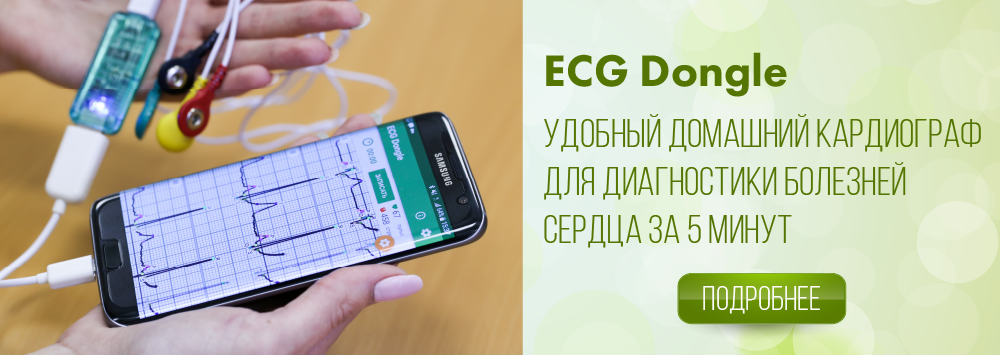Supraventricular extrasystoles (premature suraventricular contractions)
Extrasystole is a condition related to heart rhythm disturbances, or arrhythmias, which are expressed by extraordinary contractions of the heart. Extrasystole may be ventricular, atrial, atrioventricular, depending on the location of the focus of excitation.
Supraventricular extrasystoles (premature suraventricular contractions), is characterized by the fact that premature impulses arise in ectopic foci located in the upper parts of the heart (atria) or in the septum between the ventricles and atria, which is called atrioventricular. As a result, there are additional contractions of the heart.
Causes
Impulses occur mainly in the atrial region, causing additional contractions of the cardiac muscle. It should be noted that supraventricular extrasystole can occur without any special reasons. Very often it can be diagnosed in completely healthy people or children. It can occur at any age. But in addition to unidentified etiology, there are many causes that trigger the onset of this extrasystole.
- Diseases of the cardiovascular system (congenital heart defects or acquired with age heart defects, ischaemic heart disease, myocardial infarction).
- Diseases of the endocrine system or malfunction in the normal operation of this system. Diabetes mellitus can provoke the arising of extrasystole, and, among other things, leads to disruption in the endocrine system.
- Effects on the body of toxic substances on the body (in most cases it is the abuse of alcohol and smoking).
- If a person takes cardiac medications without a doctor's prescription or takes them in more than the prescribed amount, then this fact can also become a source of extrasystole.
- Bronchitis, leading to oxygen starvation, can also provoke a disturbance in cardiac work.

